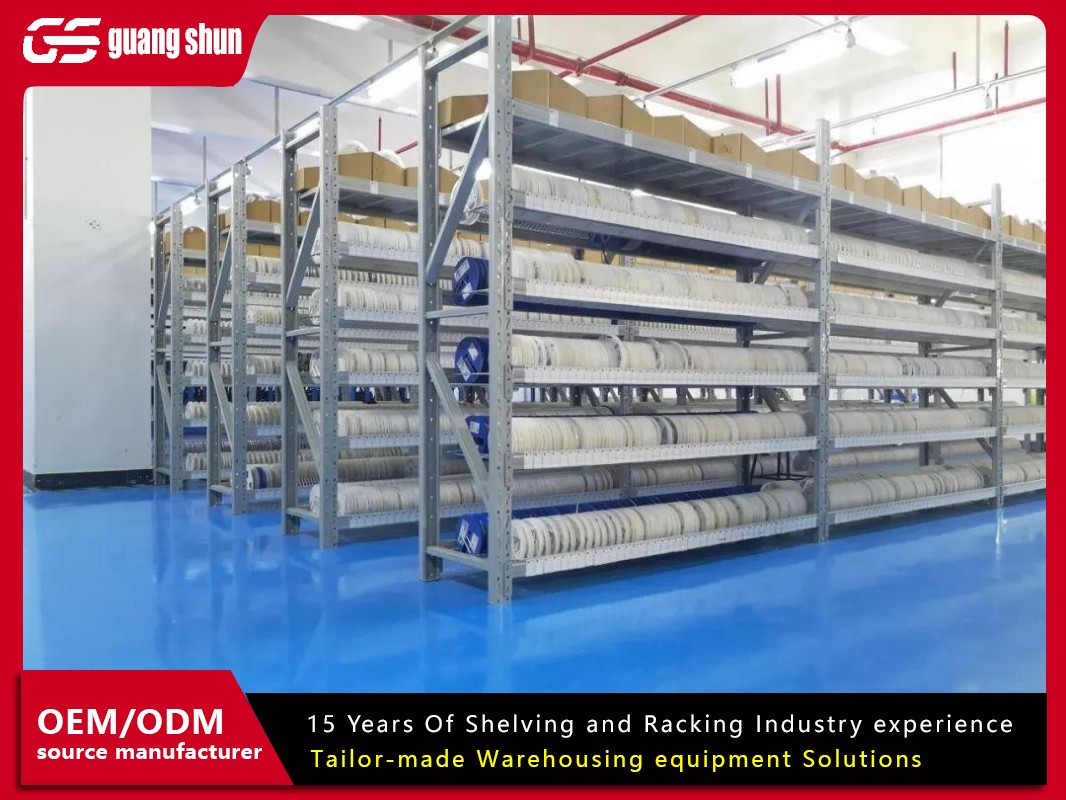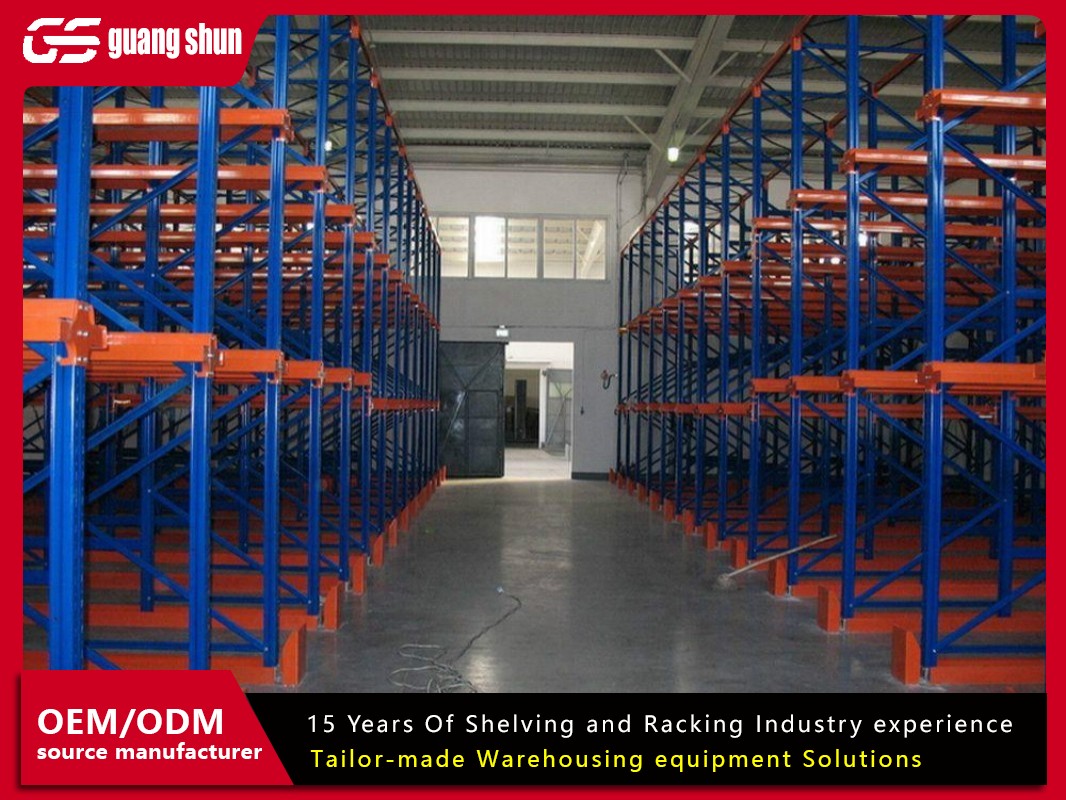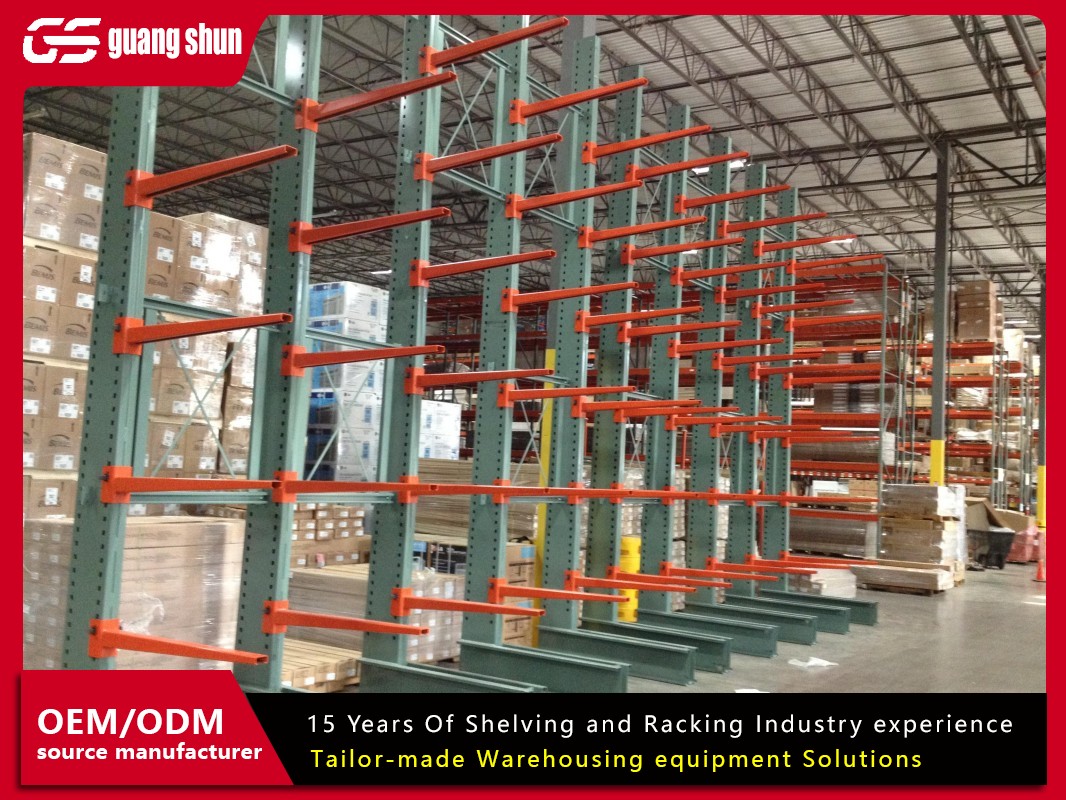When setting up a warehouse, workshop, or any large-scale storage area, the backbone of your entire operation often comes down to one essential piece of equipment: the estanteria industrial. More than just simple shelves, an industrial shelving system is a strategic investment that directly impacts workflow efficiency, inventory management, and workplace safety. Selecting the right system isn't a one-size-fits-all decision; it requires a careful analysis of your specific needs, from the weight you need to support to the layout of your available space. This article delves into the key aspects you must consider, from the underlying technology and cost factors to a practical guide for making the final choice, ensuring your investment in an estanteria industrial delivers long-term value.
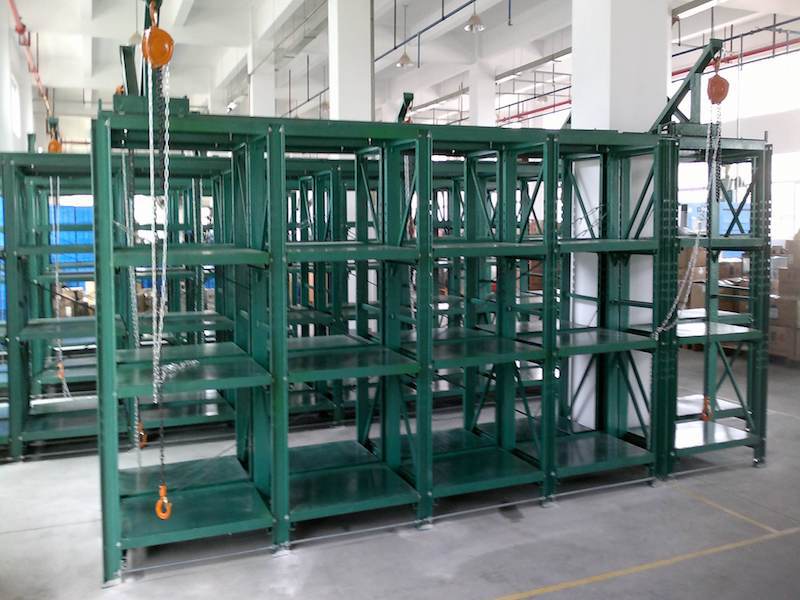
Understanding the Core Types of Industrial Shelving
Not all storage challenges are the same, and neither are the solutions. The first step in selecting an estanteria industrial is understanding the different types available and their primary applications.
Selective Pallet Racking: This is the most common and versatile type of estanteria industrial. It allows direct access to every pallet, making it ideal for warehouses with a high SKU count where any item might need to be retrieved at any time. Its simple design facilitates easy installation and reconfiguration.
Drive-in/Drive-through Racking: Designed for high-density storage of homogeneous products, this system eliminates many aisles. Forklifts drive directly into the rack structure to place or retrieve pallets. Drive-in racking (LIFO - Last In, First Out) is typically accessed from one side, while drive-through (FIFO - First In, First Out) allows access from both ends. This almacenamiento de alta densidad is perfect for cold storage or storing large quantities of the same product.
Cantilever Racking: When you need to store long, bulky items like timber, pipes, or furniture, a standard estanteria industrial falls short. Cantilever racking, with its arms extending from a central column, is the perfect solution. It provides unobstructed access to awkwardly shaped inventory without the interference of front-facing vertical posts.
Shelving Units: For smaller, lighter items that aren't palletized, standard industrial shelving units are the workhorse. These are perfect for storing tools, parts, and supplies in a workshop or maintenance facility. They often feature adjustable shelves to accommodate items of various sizes.
The Technology and Engineering Behind Modern Shelving
Today's estanteria industrial is a product of sophisticated engineering, not just simple metal fabrication. The strength and durability of a system are determined by the materials and design principles employed.
High-strength steel is the material of choice, often with a protective coating to resist corrosion, scratches, and impacts. The type of coating—such as powder coating—is crucial for longevity, especially in environments with humidity or chemical exposure. The design process itself involves precise calculations for load capacity, both for the individual beams and the overall structural integrity. This ensures the sistema de almacenamiento can handle dynamic loads (the weight of a moving forklift impacting the structure) as well as static loads (the weight of the stored goods). Modern manufacturing techniques, including robotic welding and automated punching, ensure consistency and strength in every component, guaranteeing that your estanteria industrial meets all safety standards.
A Detailed Guide to Costs and Budgeting
The price of an estanteria industrial can vary dramatically. Understanding the cost components prevents unexpected expenses and helps you plan your budget effectively.
System Type: A basic selective pallet rack will generally be less expensive per pallet position than a high-density drive-in system, which requires more robust structural components.
Materials and Capacity: The thickness of the steel and the overall load capacity directly influence cost. A system rated for 5,000 kg per level will cost significantly more than one rated for 1,000 kg.
Size and Configuration: The height, depth, and number of bays of your estanteria industrial are obvious cost drivers. Taller systems may require specialized equipment for installation and will use more material.
Accessories and Add-ons: Basic racking is just the start. Add-ons like decking (wire mesh or steel), row spacers, pallet supports, and safety netting all add to the final cost but are often essential for safety and functionality.
Installation: Professional installation is highly recommended. The cost will depend on the complexity and size of the system. Some suppliers offer DIY options for simpler units, but for large, complex sistemas de estanterias, expert installation is non-negotiable for safety.
When evaluating price, always look at the total cost of ownership, not just the initial purchase. A cheaper, lower-quality estanteria industrial may lead to higher maintenance, premature replacement, and potential safety hazards.
How to Select the Perfect System for Your Operation
Making the right choice involves a systematic assessment of your current and future needs. Follow this selection guide to narrow down your options.
Analyze Your Inventory: What are you storing? Create a detailed list of your products, including their dimensions, weight, and whether they are palletized or stored in boxes. Also, consider your inventory turnover—do you need frequent access to all items (requiring a selective system) or are you storing large quantities of the same product for long periods (suited for drive-in racking)?
Calculate Your Space: Precisely measure your available space, including ceiling height. An often-overlooked opportunity is vertical space; a taller estanteria industrial can dramatically increase your storage capacity without expanding your footprint. Don't forget to account for necessary aisles for forklifts and other equipment.
Determine Load Requirements: This is critical for safety. Know the maximum weight each shelf or beam will need to support. Always add a safety margin to your calculations. An engineer or reputable supplier can help verify that your planned estanteria industrial is appropriately specified.
Consider Future Growth: Your storage needs will likely change. Opt for a system that offers flexibility. Can shelves be easily adjusted? Can the structure be expanded or reconfigured? Investing in a scalable sistema de estanterias saves money and disruption down the line.
Prioritize Safety: Look for systems that comply with relevant industrial safety standards. Features like load locks, column protectors, and safety pins are essential to prevent accidental dislodgement. A well-planned estanteria industrial contributes to a safer, more organized work environment.
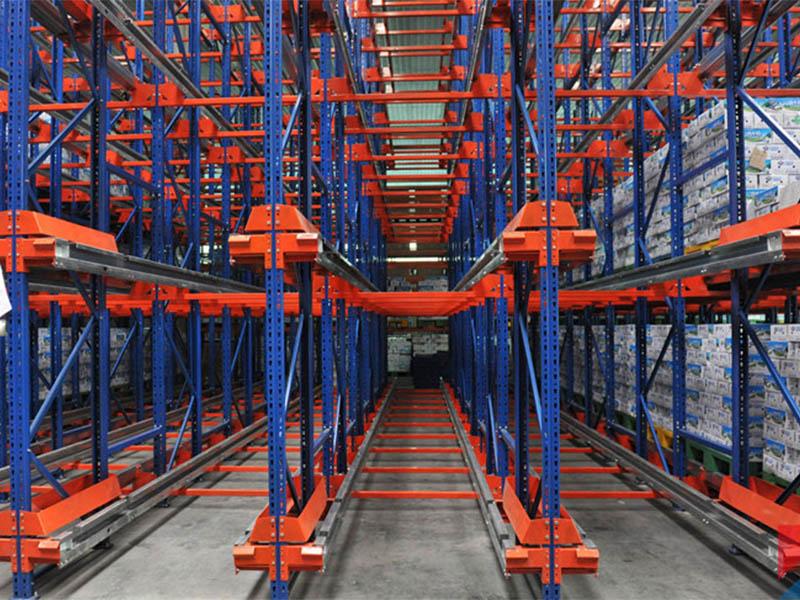
Finding a Reliable Supplier and Installation Partner
The quality of your estanteria industrial is only as good as the company that supplies and installs it. Look for a supplier with a proven track record and positive customer testimonials. They should offer a comprehensive service, from initial consultation and space planning to delivery and professional installation. A good partner will ask detailed questions about your operation to recommend the most efficient and cost-effective sistema de almacenamiento, not just the product they have in stock. Ensure they provide clear documentation, including load capacity charts and assembly instructions.
Frequently Asked Questions (FAQ)
Q1: What is the average lifespan of a well-maintained industrial shelving system?
A1: A high-quality estanteria industrial, manufactured from robust steel and properly maintained, can have a functional lifespan of 15 to 20 years or more. The longevity is heavily influenced by the operating environment (e.g., exposure to moisture or chemicals) and how well it is treated, avoiding impacts from forklifts and not exceeding its rated load capacity.
Q2: Can I modify or expand my existing industrial shelving system in the future?
A2: In most cases, yes, especially with modular systems like selective pallet racking. You can often add new frames, beams, and levels to increase height or expand sideways. However, it is crucial to consult with your supplier or a structural engineer to ensure the modifications are safe and that the overall structure, including the floor anchoring, can handle the increased load and new configuration.
Q3: Are there specific safety inspections required for industrial shelving?
A3: Yes, regular safety inspections are mandatory for any estanteria industrial. It is recommended to perform a visual inspection by staff weekly or monthly, looking for signs of damage, bending, or loose components. A formal, in-depth inspection by a qualified professional should be conducted at least annually. Any incident, like a forklift impact, should trigger an immediate inspection.
Q4: What is the main difference between boltless and bolted shelving designs?
A4: Boltless shelving, as the name implies, uses a clever clip-in or tab-and-slot design for assembly, making it quicker and easier to set up and reconfigure without tools. Bolted shelving uses nuts and bolts to secure components together, which often results in an extremely rigid and robust structure. Boltless is popular for lighter-duty applications where flexibility is key, while bolted is often preferred for heavy-duty estanteria industrial applications where maximum stability is paramount.
Q5: How much weight can a typical beam on an industrial rack hold?
A5: There is no single "typical" weight, as capacity varies enormously based on the beam's length, steel thickness, and design. Capacities can range from a few hundred kilograms for light-duty shelving to over 10,000 kilograms per pair of beams for heavy-duty pallet racking. You must always refer to the manufacturer's specific load capacity charts for your estanteria industrial model and never exceed the stated limits.



